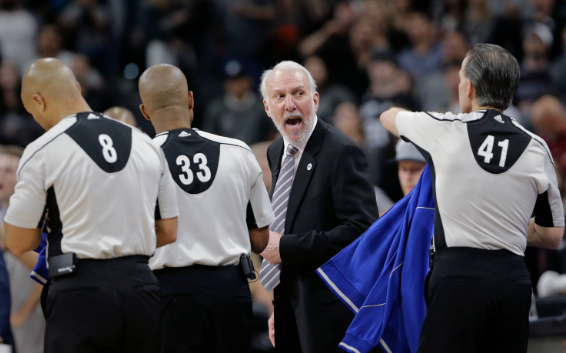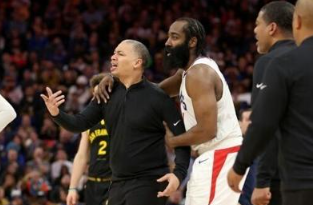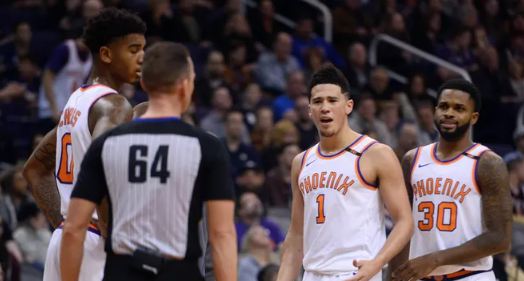Pregame Self-Talk: The Silent Ritual of NBA Referees
- Category: Kristyne Esparza's Blogs
- Published: Tuesday, April 16, 2024 20:00
- Written by
- Hits: 1833

In the high-stakes world of NBA officiating, mental preparation is just as critical as physical readiness. Pregame self-talk emerges as a silent yet potent ritual among seasoned referees, ensuring they step onto the court with focus, confidence, and a clear mind.
Firstly, visualization reigns supreme. Before the game, referees mentally rehearse various scenarios, envisioning themselves making decisive calls with authority and precision. This mental imagery primes their minds for the fast-paced action ahead.
Secondly, self-affirmations serve as anchors of confidence. Referees remind themselves of their years of experience, their deep understanding of the rulebook, and their ability to maintain control amidst intense player rivalries and fan scrutiny.
Lastly, controlled breathing acts as a calming technique. Through deliberate deep breaths, referees center themselves, releasing tension and nerves while fostering a sense of poise and clarity that is indispensable on the NBA stage.
In the realm of NBA officiating, pregame self-talk isn't just a routine—it's a powerful tool that ensures referees are mentally equipped to uphold the integrity of the game at its highest level.



